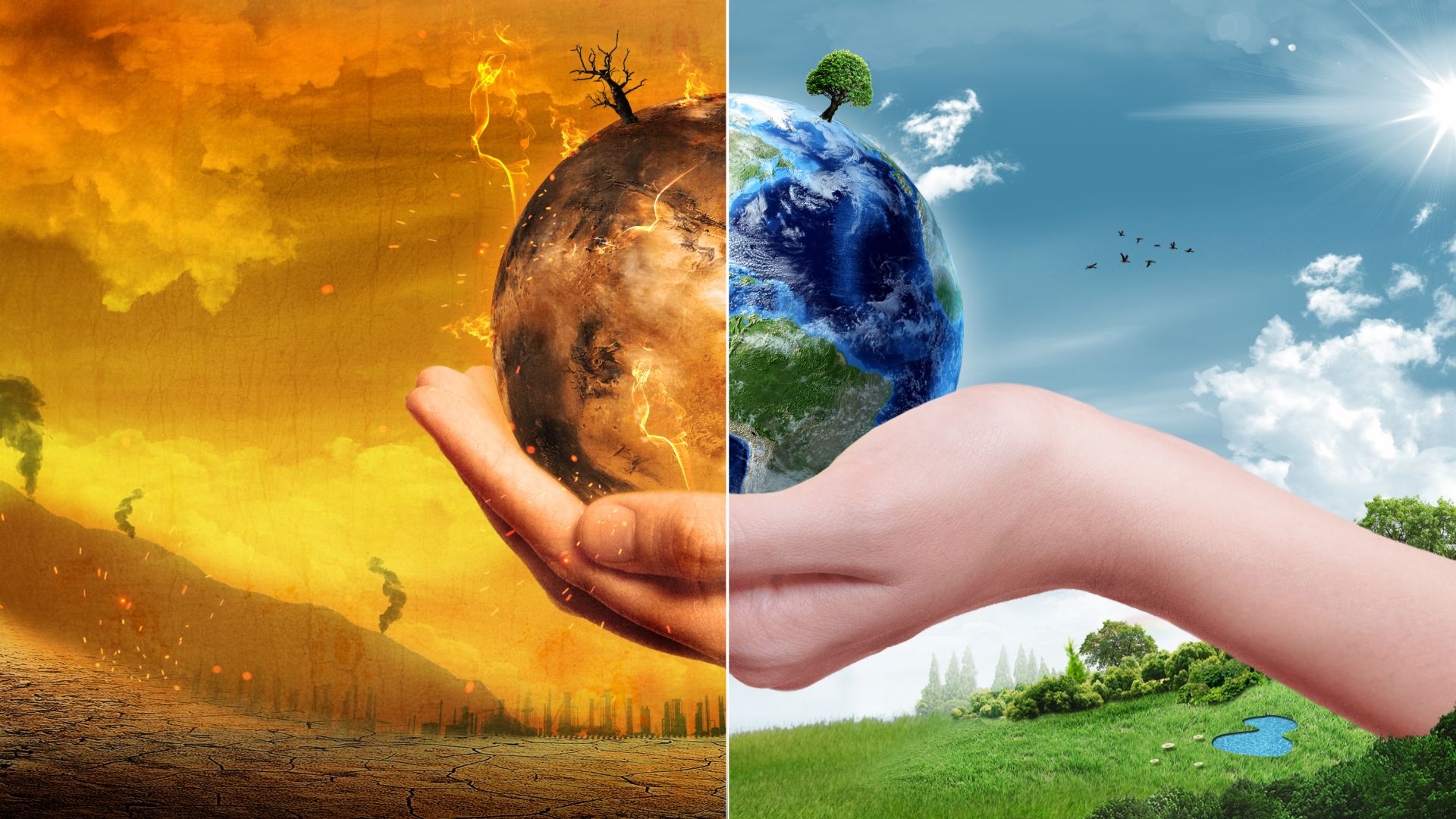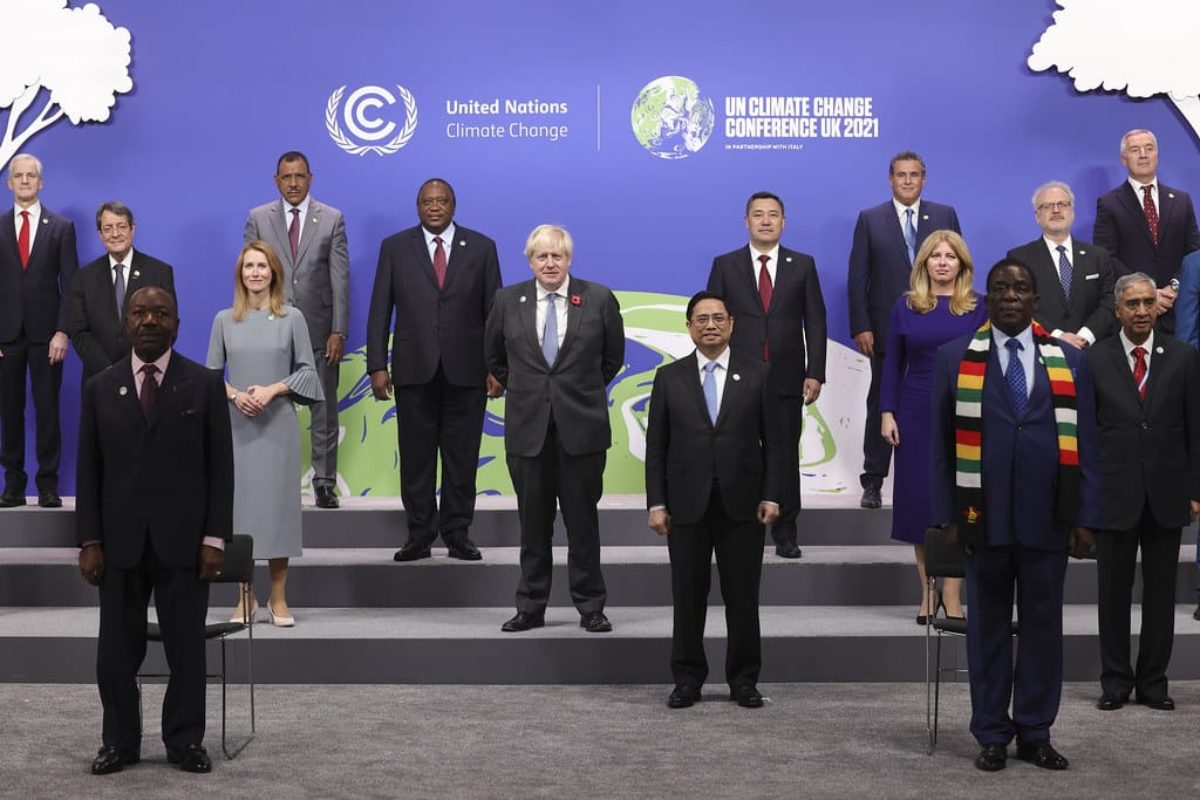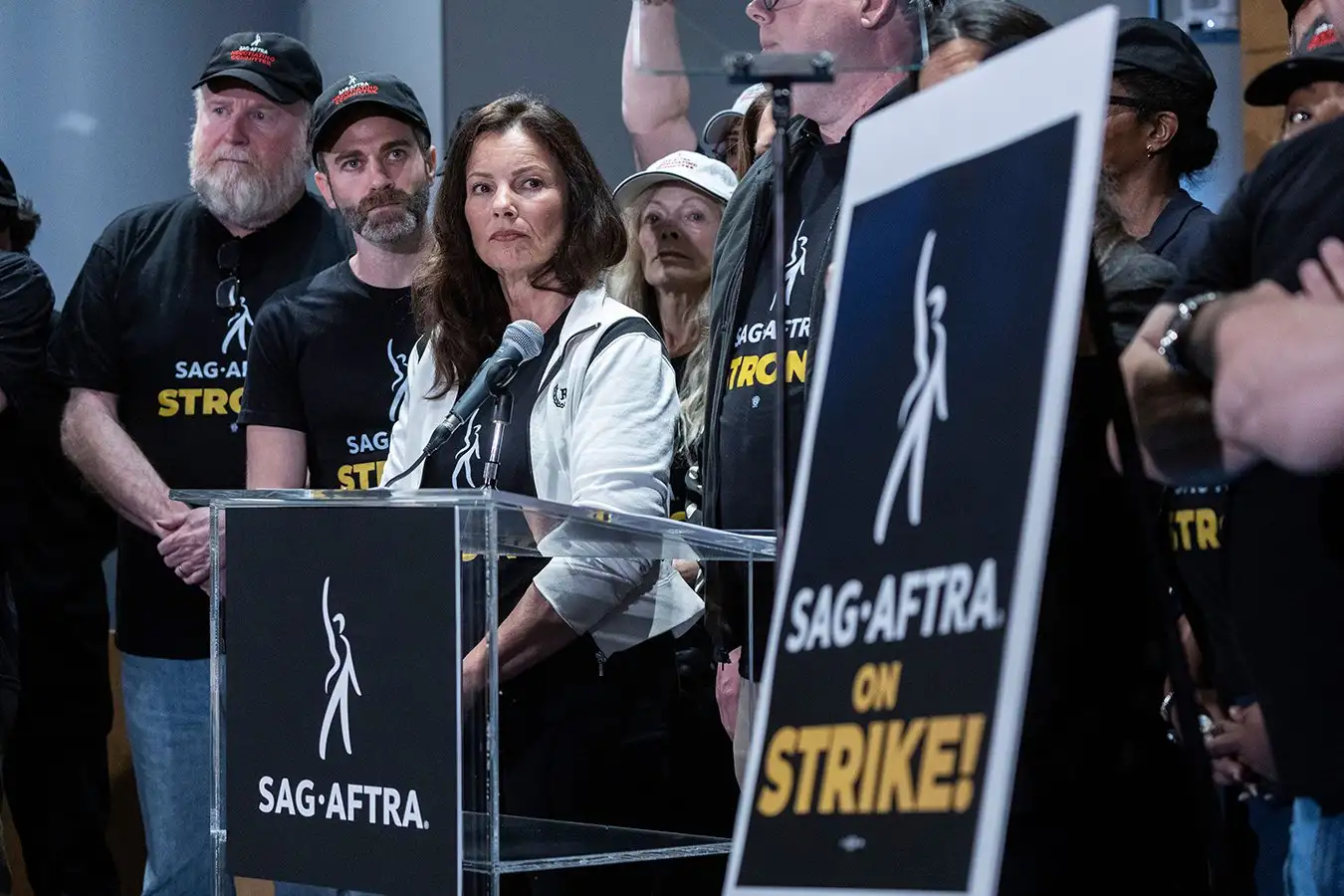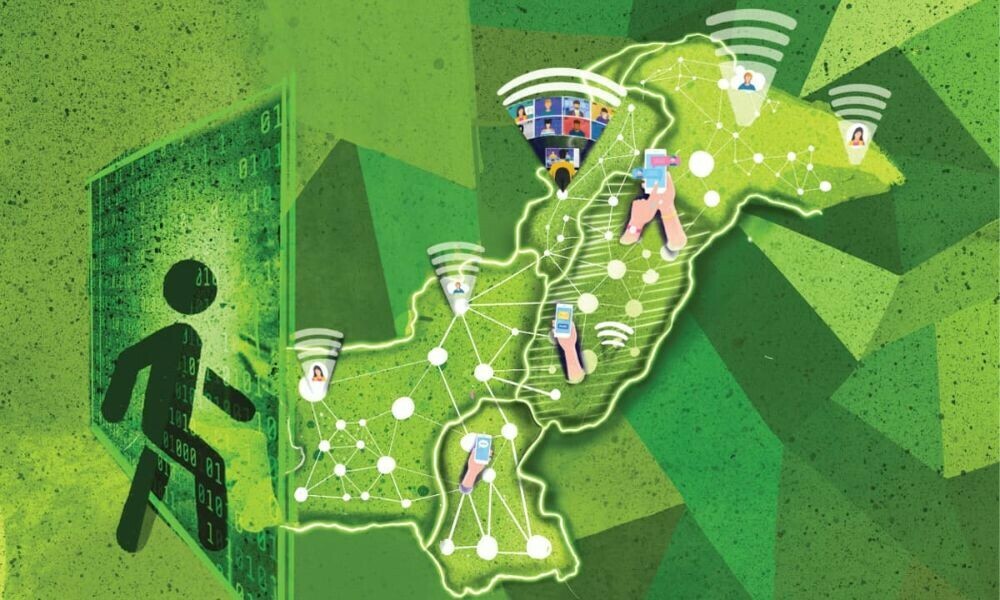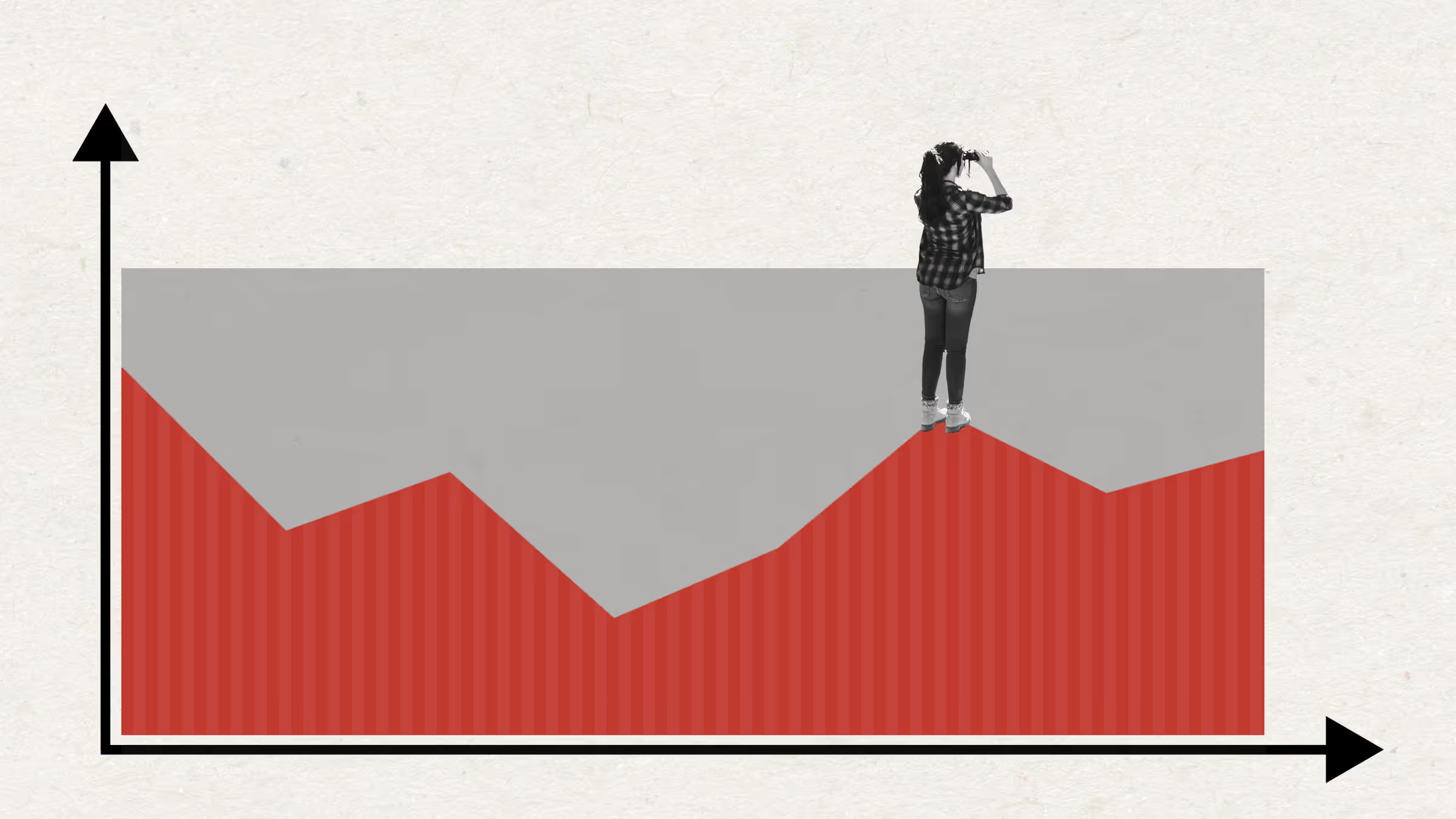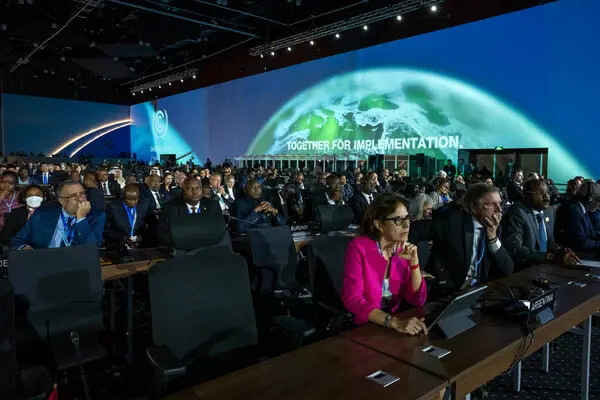Across the globe, communities are facing devastating impacts from climate change. Record-breaking heatwaves, massive floods, and unprecedented wildfires are pushing governments to take urgent action. Scientists warn that if emissions are not reduced quickly, the effects will become increasingly irreversible.
Developing nations are particularly vulnerable, as they lack the infrastructure and resources to withstand climate disasters.
Food Security at Risk
Climate change is heavily impacting agriculture. Droughts in Africa, floods in Asia, and unpredictable weather in Europe and the Americas are reducing crop yields. Rising food prices threaten global stability, leading to protests and unrest in some countries.
Experts stress that investment in sustainable farming practices and technology is crucial to feed a growing population.
Migration and Humanitarian Challenges
As climate disasters displace millions of people, nations are experiencing increased migration flows. Refugee crises are placing pressure on neighboring countries and international organizations, highlighting the urgent need for coordinated humanitarian responses.
Without proactive solutions, climate-induced migration could become one of the most significant challenges of the coming decades.
Global Efforts for Climate Action
Nations have pledged commitments under agreements like the Paris Accord, but progress remains slow. Political disagreements, financial challenges, and reliance on fossil fuels continue to hinder collective action.
Despite these obstacles, investment in renewable energy, carbon capture, and green technologies is gaining momentum. Private companies and local governments are stepping up where international cooperation lags.
The Role of Public Awareness
Public movements and activism are pressuring leaders to prioritize climate action. From student protests to global campaigns, citizens are demanding accountability from governments and corporations. This growing awareness is shaping policies and investments in sustainability.
FAQs
Why is climate change causing extreme weather?
Rising greenhouse gases disrupt natural climate patterns, leading to heatwaves, floods, and storms.
How does climate change affect food security?
It reduces crop yields through droughts, floods, and unpredictable weather, driving up food prices.
What is climate migration?
Climate migration refers to people being displaced from their homes due to environmental disasters.
Are global climate agreements working?
Some progress is being made, but political and financial obstacles slow down meaningful change.
How can individuals help combat climate change?
By adopting sustainable practices, reducing energy consumption, and supporting green policies.
Conclusion
Climate change is no longer a distant threat—it is a present crisis affecting millions worldwide. Its impact on food security, migration, and economic stability highlights the urgent need for global cooperation.
While governments face challenges, innovation, renewable energy, and public activism are paving the way toward solutions. The future of the planet depends on decisive action taken today to safeguard generations to come.

